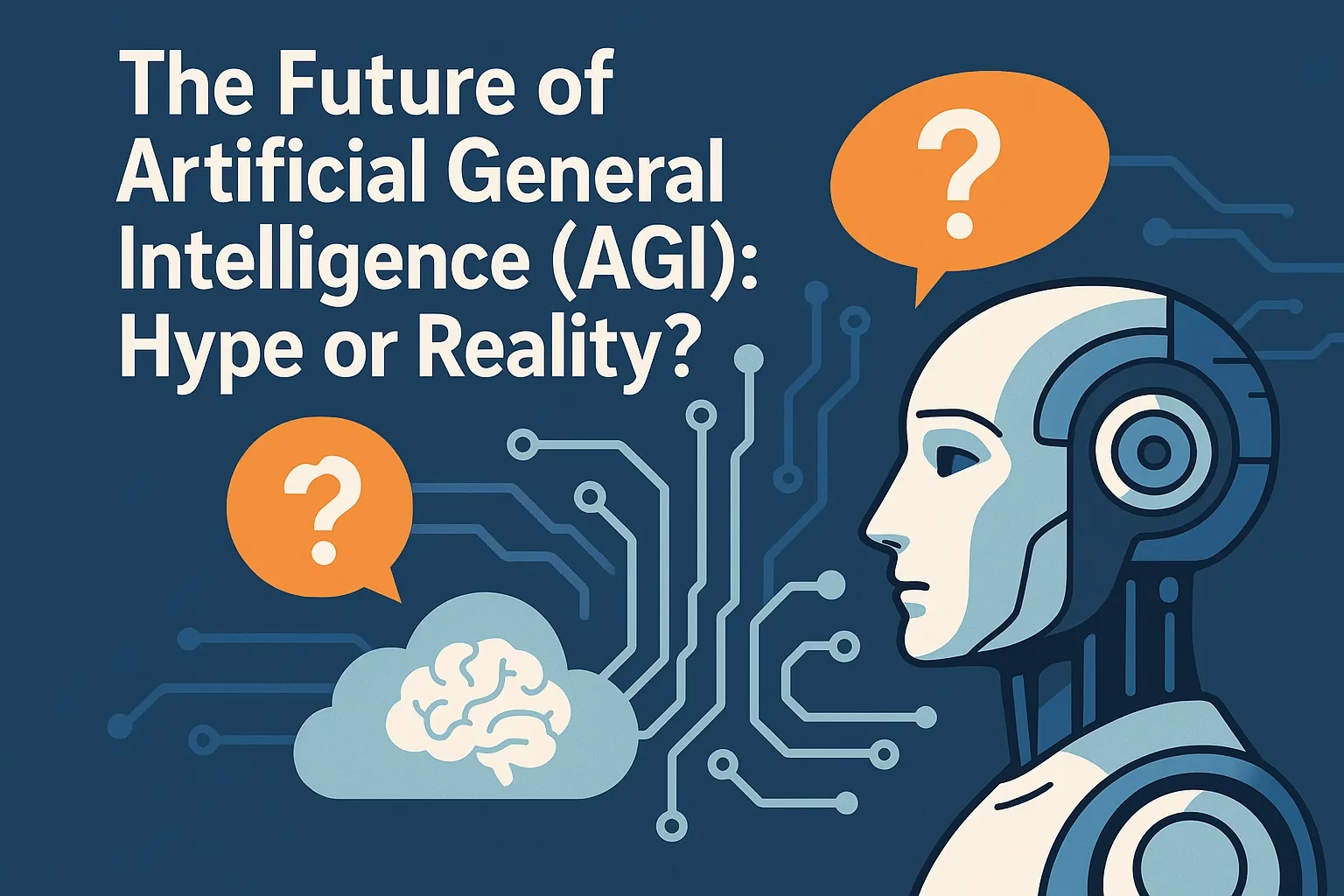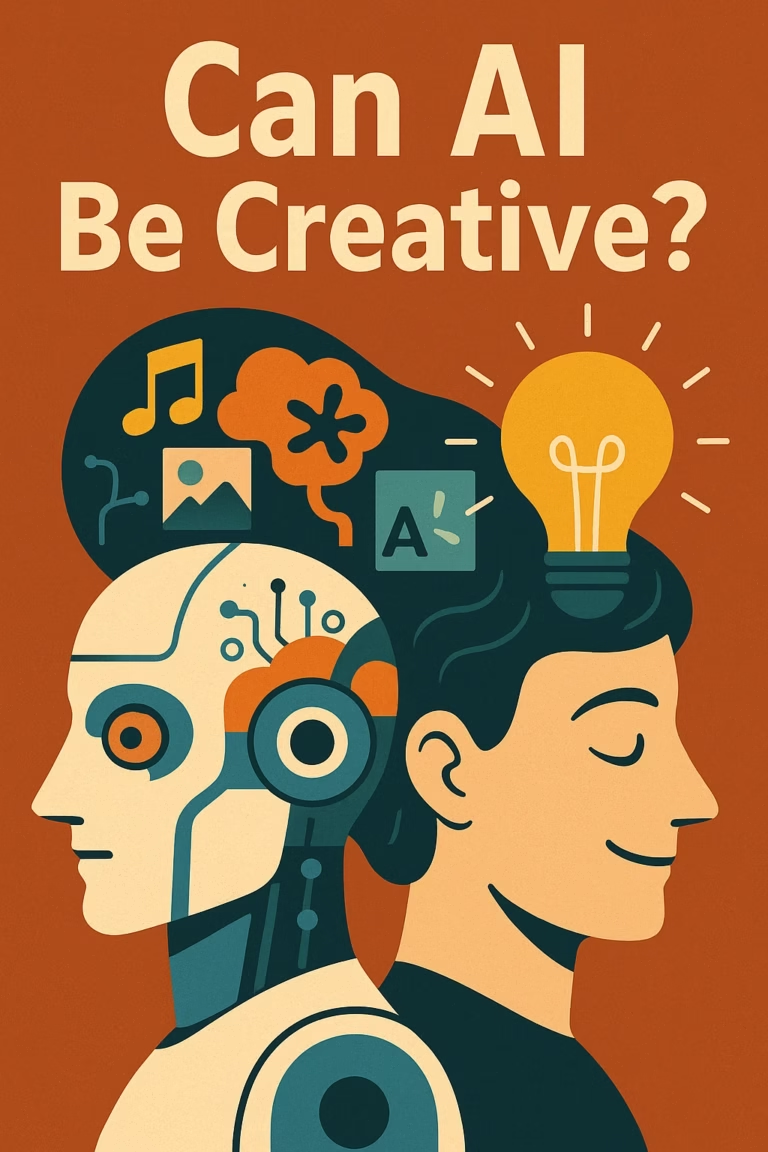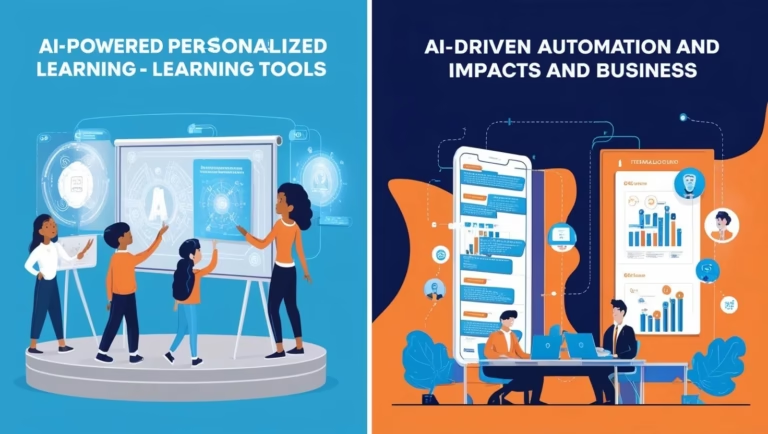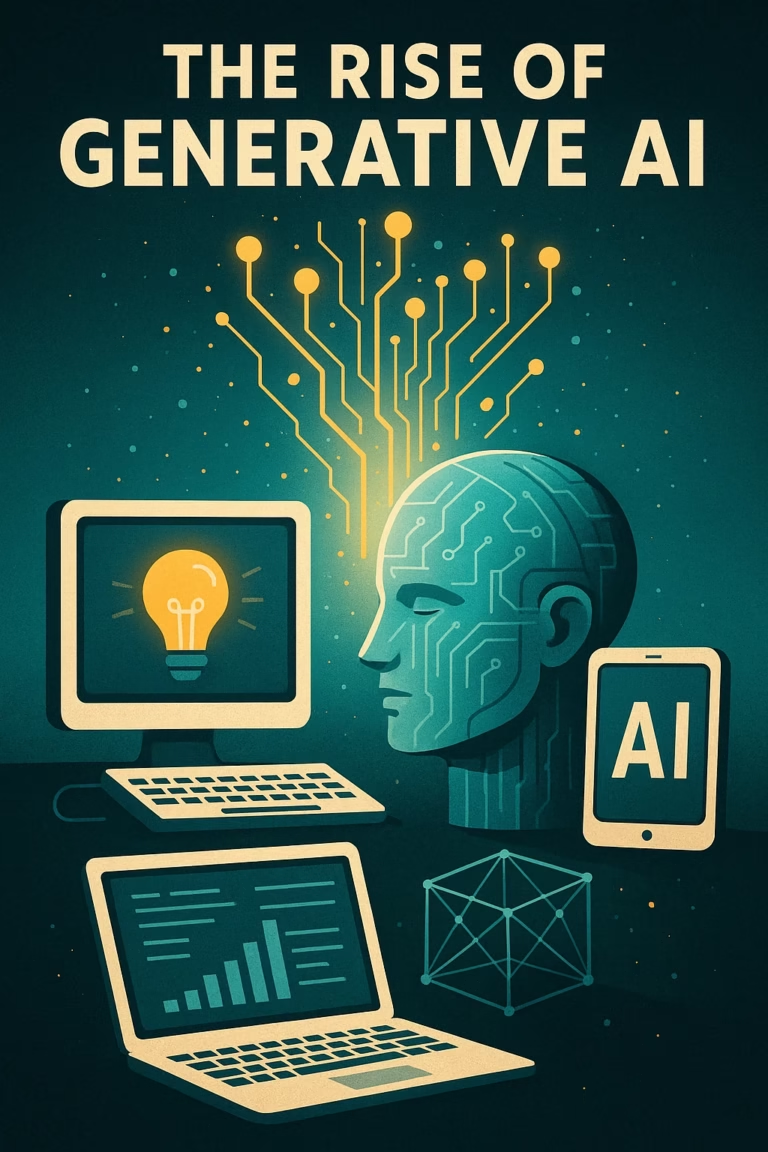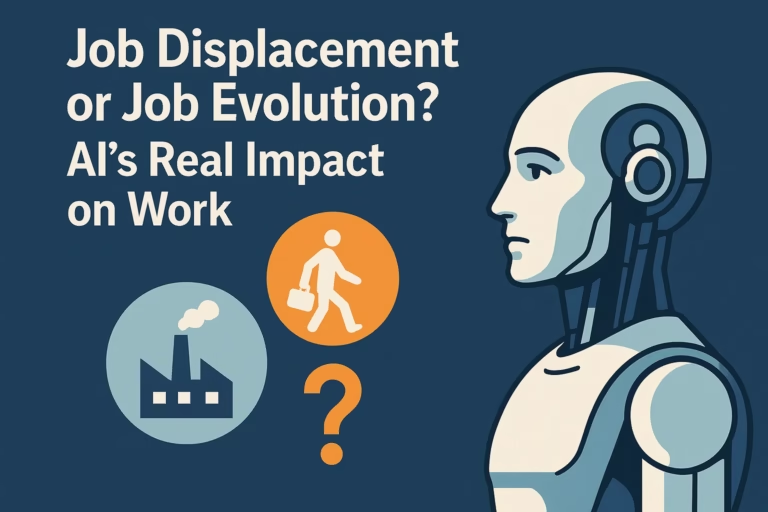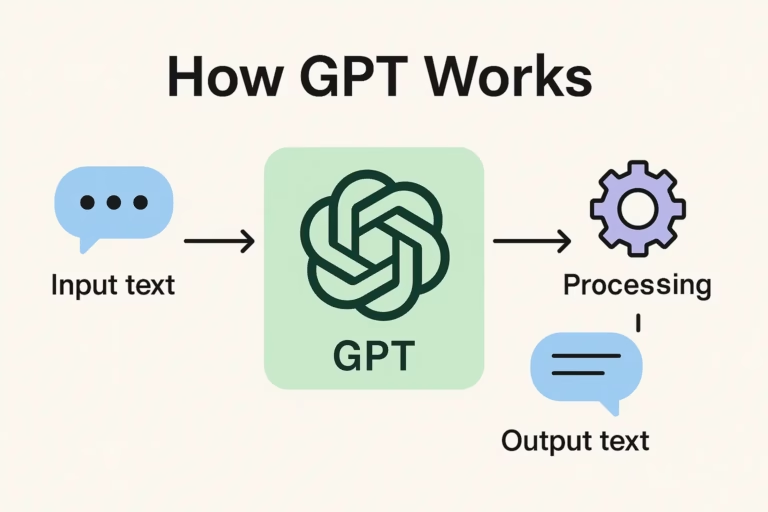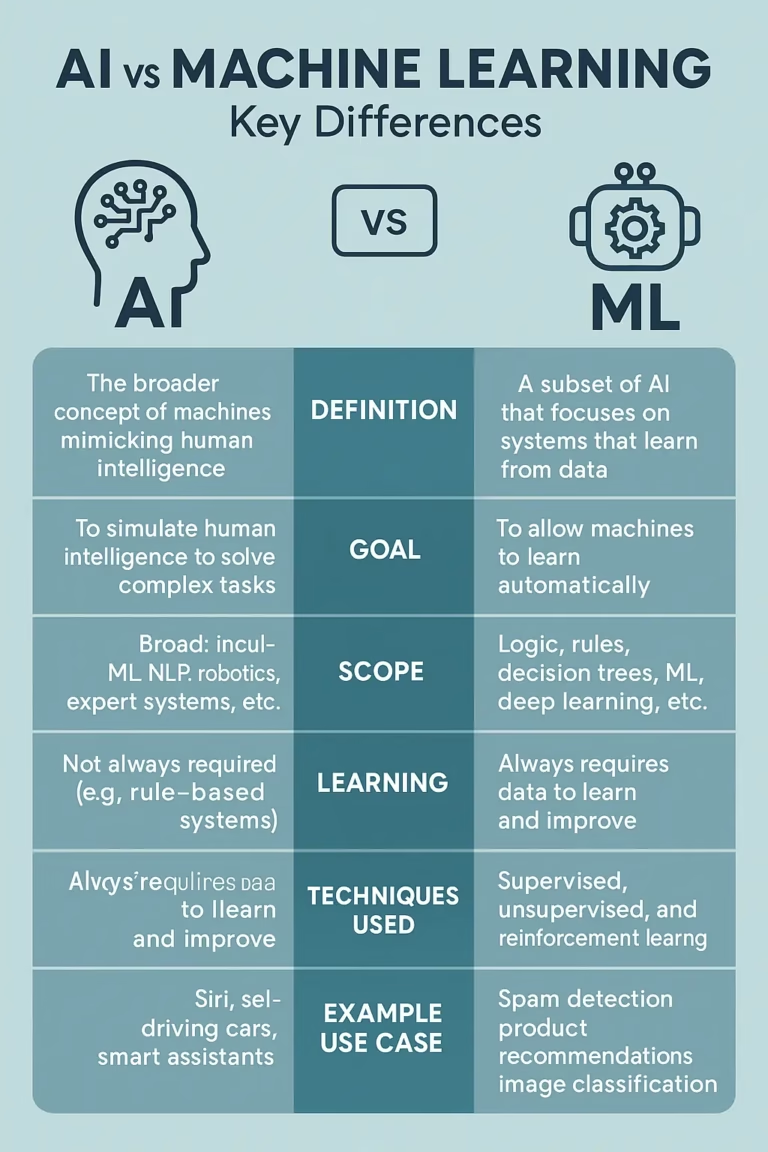The Future of Artificial General Intelligence (AGI): Hype or Reality?
Artificial Intelligence is everywhere—from personalized playlists to advanced chatbots. But while current AI systems are impressive, they’re still limited to narrow tasks. Enter the holy grail of AI research: Artificial General Intelligence (AGI) — the idea of a machine that can think, learn, and reason like a human across any domain. The question is:Are we…
Artificial Intelligence is everywhere—from personalized playlists to advanced chatbots. But while current AI systems are impressive, they’re still limited to narrow tasks. Enter the holy grail of AI research:
Artificial General Intelligence (AGI) — the idea of a machine that can think, learn, and reason like a human across any domain.
The question is:
Are we on the brink of a new era… or just caught in another cycle of tech hype?
Let’s break it down.
What Is AGI?
Unlike today’s AI (often called narrow AI or weak AI), which is trained for specific tasks, AGI would be capable of:
- Learning new skills autonomously
- Understanding context across different domains
- Reasoning, problem-solving, and abstract thinking
- Transferring knowledge from one area to another—just like a human
In short, AGI isn’t just smart—it’s flexibly intelligent.
Why AGI Is So Hyped
AGI has captured the imagination of scientists, futurists, and tech leaders alike—largely because of its transformative potential:
- Revolutionize science, medicine, and education
- Solve complex global problems (like climate modeling or disease eradication)
- Accelerate innovation beyond human pace
- Reshape the nature of work, economy, and even consciousness
Some believe AGI could be the most significant invention in human history.
Why Others Are Skeptical
Despite the hype, many experts remain cautious or critical. Here’s why:
1. We Still Don’t Understand Consciousness
AGI requires understanding how intelligence works—not just mimicking it. But we still don’t fully grasp how the human brain achieves general intelligence, let alone how to replicate it.
2. Current AI Is Impressive—but Narrow
Even the most advanced systems (like ChatGPT or AlphaGo) are specialized. They can generate convincing text or master a game—but can’t generalize knowledge or think independently across fields.
3. Over-promising Has Happened Before
AI has seen several “winters” where inflated promises led to disappointment, funding cuts, and public skepticism. Some fear AGI might be heading in the same direction.
So… How Close Are We, Really?
That depends on who you ask.
- Optimists (like OpenAI’s Sam Altman or DeepMind’s Demis Hassabis) believe AGI could emerge within the next few decades, or even sooner.
- Skeptics think AGI is decades to centuries away, or may not be achievable at all.
What’s certain is that progress is accelerating:
- Language models (like GPT-4 and beyond) are demonstrating increasingly general capabilities.
- Multimodal AI (combining text, image, audio, and video understanding) is growing rapidly.
- Research into self-learning, reasoning, and autonomous planning is underway.
But none of these systems “understand” the world in a human way—yet.
Related: Job Displacement or Job Evolution? AI’s Real Impact on Work
The Stakes Are High
Whether AGI arrives in 5 years or 50, we need to consider its potential consequences now.
Potential Benefits:
- Scientific breakthroughs at scale
- Cures for diseases, better climate models, and enhanced education
- Major leaps in productivity and human progress
Potential Risks:
- Misaligned goals between humans and machines
- Economic disruption and mass job displacement
- Ethical concerns around autonomy, bias, and surveillance
- The existential threat of a superintelligent system acting beyond human control
That’s why researchers and organizations are increasingly focused on AI safety, alignment, and governance.
Hype or Reality? Maybe Both
Yes, AGI is hyped. But that doesn’t mean it’s not possible.
We’re witnessing steady progress toward more general and capable systems. But real AGI—the kind that matches or surpasses human intelligence in every way—is still an open research question, not an engineering checklist.
The right mindset?
Stay curious, cautious, and informed.
Final Thoughts
AGI sits at the intersection of hope, hype, and hard science. It may be the defining challenge (or achievement) of the 21st century. Whether or not it arrives soon, the journey there will shape the future of technology—and humanity.
So, what do you think? Is AGI a realistic future or an overhyped dream? Join the conversation in the comments.

